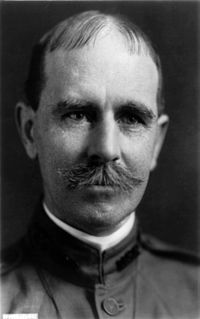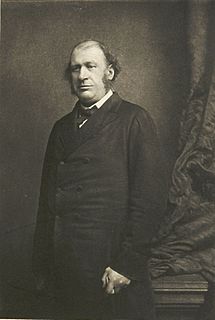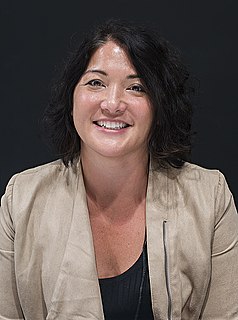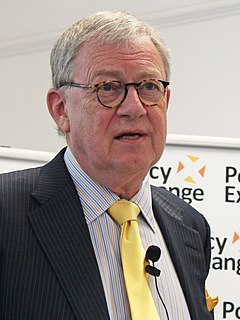A Quote by John Henry Wigmore
Law and justice are from time to time inevitably in conflict ... . The jury ... adjusts the general rule of law to the justice to the particular case. Thus the odium of inflexible rules of law is avoided, and popular satisfaction is preserved ... That is what jury trial does. It supplies that flexibility of legal rules which is essential to justice and popular contentment.
Related Quotes
Jurors have found, again and again, and at critical moments, according to what is their sense of the rational and just. If their sense of justice has gone one way, and the case another, they have found "against the evidence," ... the English common law rests upon a bargain between the Law and the people: The jury box is where the people come into the court: The judge watches them and the people watch back. A jury is the place where the bargain is struck. The jury attends in judgment, not only upon the accused, but also upon the justice and the humanity of the Law.
... The popular attitude toward the administration of justice should be one of respect and confidence. Bureaucratic, purely official justice, can never receive such confidence. The one way to secure it is to give the citizen-body itself a share in the administration of justice. And that is what jury-trial does.
The rules and principles of case law have never been treated as final truths but as working hypotheses, continually retested in those great laboratories of the law, the courts of justice. Every new case is an experiment, and if the accepted rule which seems applicable yields a result which is felt to be unjust, the rule is reconsidered.
The rule of law means that law and justice are upheld by an independent judiciary. The judgments of the European Court of Justice have to be respected by all. To undermine them, or to undermine the independence of national courts, is to strip citizens of their fundamental rights. The rule of law is not optional in the European Union. It is a must.
Obama's attitude toward the rule of law is apparent in the words he used to describe what he is looking for in a nominee to replace Justice David Souter. He wants 'someone who understands justice is not just about some abstract legal theory,' he said, but someone who has 'empathy.' In other words, judges should decide cases so that the right people win, not according to the rule of law.






























